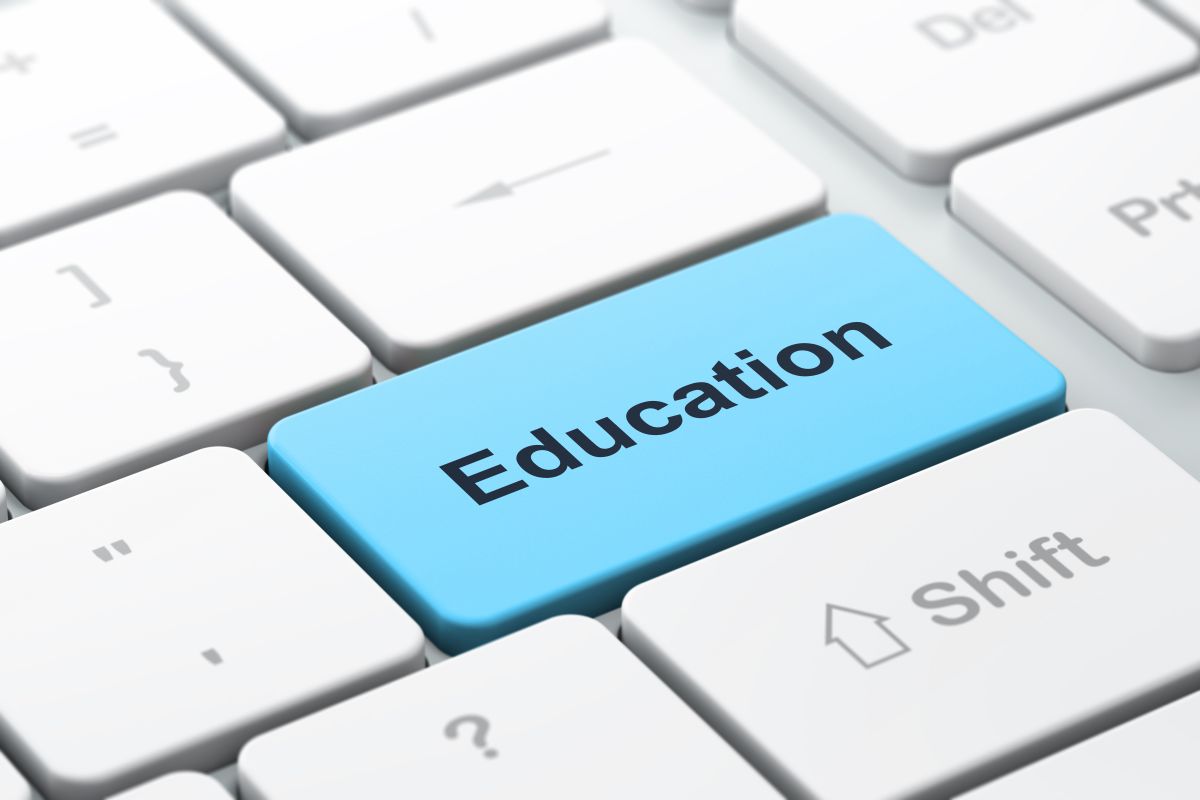The development of morality is an important aspect of formation of good character. To-day, there is deterioration of morality in society. The moral aspect has been neglected not only at the social level but at the national level also. In the educational programmes only mental development has been emphasised.
Aims of Moral Education:
In the modern age, the aim of education is all-round development of personality. In the present educational system, provision has been made for only intellectual education. For a successful life, such important human qualities as sympathy, co-operation, mercy, compassion, love, truth, sincerity, etc. have been ignored. The development of such human qualities along with intellectual development should be the aim of moral education.
ADVERTISEMENTS:
Character Formation:
Character is very important in life. Nothing is lost when wealth is lost, something is lost when health is lost but everything is lost when character is lost. Thus character development is the important aspect of personality.
Character is related to morality. The definition of a man of character is very wide. A man of character feelings which are human and are directed towards the good and happiness of others. Such a personality can be developed by moral education.
ADVERTISEMENTS:
For the formation of character of future citizens moral education should be given from their very childhood. The method of imparting moral education has to be different from that of intellectual education. It cannot be given only through lectures. Children by nature like to imitate.
So for moral education, it is necessary that the teachers are men of good character, in order that the students may imbibe their good qualities.
Moral Education and Religions:
The idea of character formation is kept in the background of all religions. Religion is especially important in moral education from this point of view. All the religions teach the importance of adopting truth, non-violence, compassion, pity and benevolence.
ADVERTISEMENTS:
But to-day, religion has taken the form of groupism and communalism which is harmful for character development. In the present circumstances moral education can only be related to human religion.
So in the absence of suitable conditions, the teachers should adopt a religion which is based on the principles of humanity and this alone should be made the basis and medium of moral education.
Moral Education and Good Behaviour:
Good behaviour is a significant part and powerful medium of moral education. The practical aspect of the teaching of good manners is very gradual. It begins with the first stage of the development of life. Being imitative by nature, children can learn good manners from their family.
The parents can make their children cultured by paying attention to their behaviours and by correcting them when required. Good manners may form a background of moral education and for this the teacher should be well-mannered in order that they may be ideals and worth-imitating for children.
Moral Education at the Various Levels of Education:
Attention is paid to the students’ age, intelligence, capacity and mental level while determining educational programmes. Similarly for moral education also, programmes should be designed to suit the students of different levels.
Primary Stage of Education:
At the primary stage, due attention should be paid to the interest of students. The educational programmes should be sufficiently interesting. Poems, stories and songs, etc., are able to hold the child’s attention.
Considering the understanding level at the primary level, the curriculum should be brief and teaching methods should be easy. Education regarding obedience to parents, keeping of promise, love and sympathy amongst brothers may be given through quotations from Mahabharat, Ramayan, the Holy Quran, the Bible and Guru Granth Sahib.
Moral education may easily be given by selecting stories from ancient Indian books like Vedas, Purans and Panchtantra, Shravan, Prahlad, Dhruv and Harish Chandra and Aesoph’s Fables.
The children may be made familiar with the different religions and societies of to-day in order to develop an international understanding.
Secondary Stage of Education:
At the secondary stage, the mental level of students becomes quite mature that more concrete programmes for character formation may be started. In order to make the youth successful in future life, the programme at this stage should be of various kinds.
At the secondary stage students should be given opportunities of work for the welfare of man and society and efforts should be made to inculcate in them ethical virtues. For the formation of character, illustrations and stories may be cited according to need. But care should be taken to safeguard the personal feelings of the students.
College and Higher Stage of Education:
At the college and higher stage, the students prepare themselves for future life. So at this stage, the programme of moral education should be wide. A man of character, rising above the considerations of nation, community, class, religion and group, full of human sentiments.
He considers the entire world as his home and others as members of his family. At this stage, the teacher occupies an important position for moral education and he may place the character of a really great man as a mirror from which the students may imbibe many good qualities.

